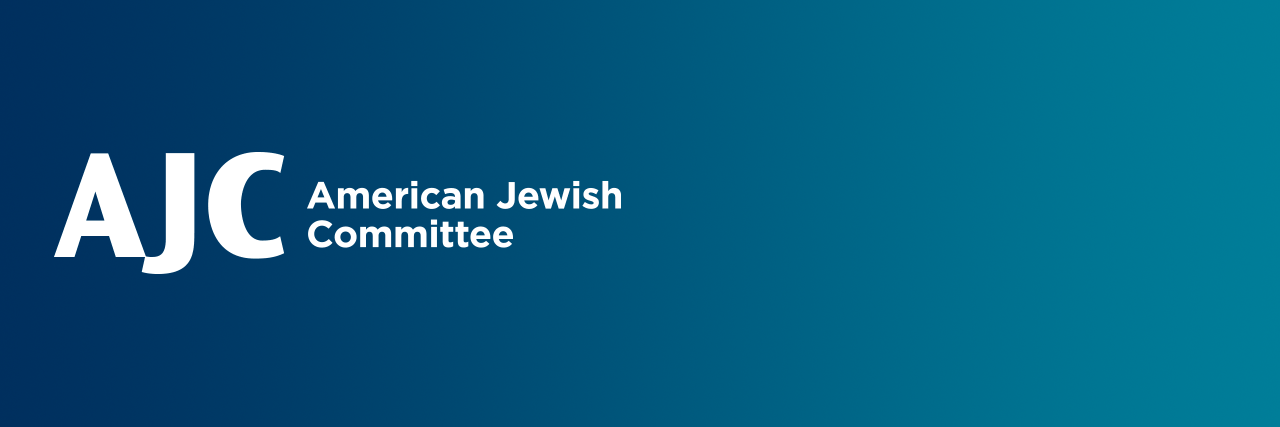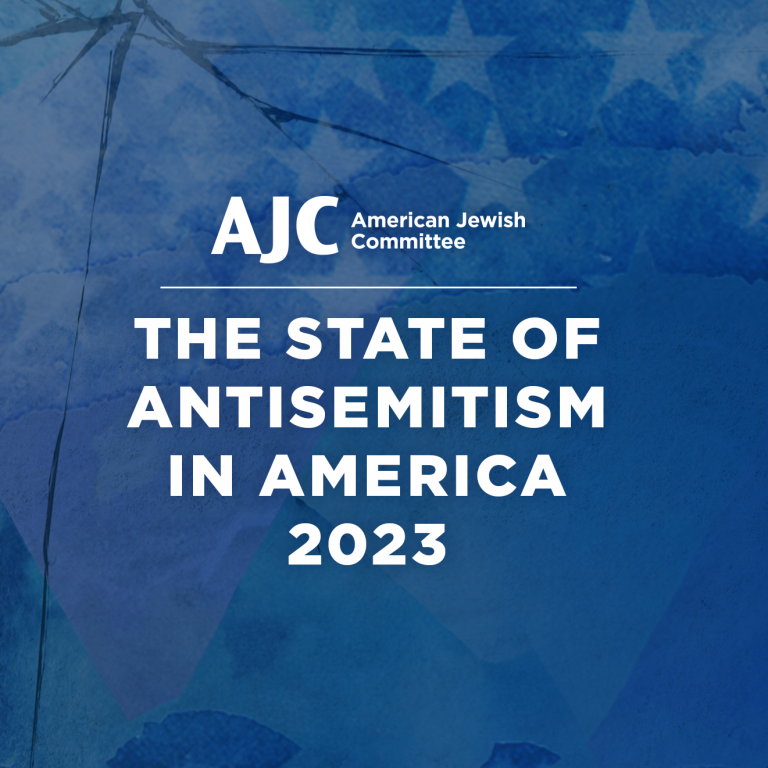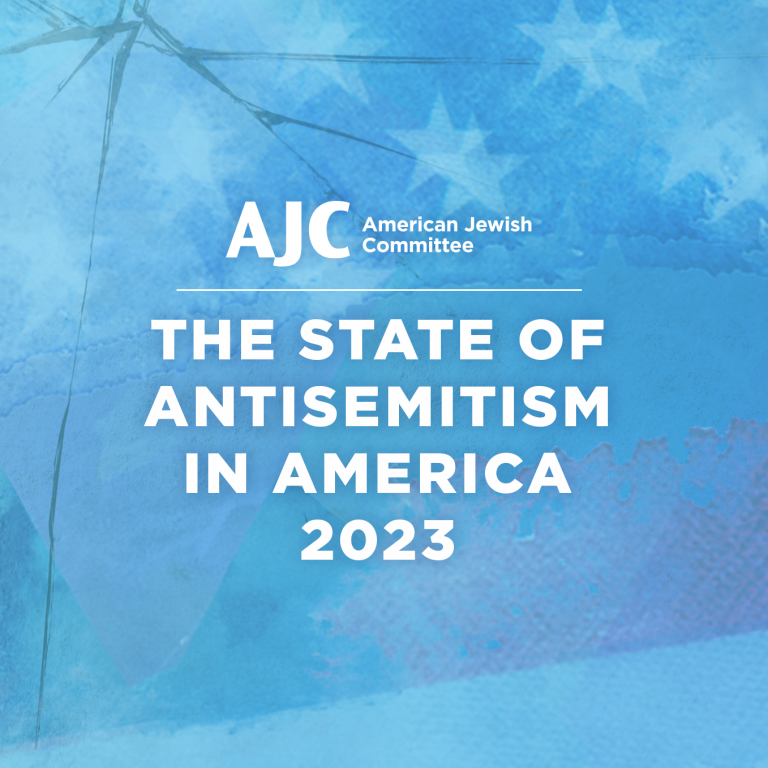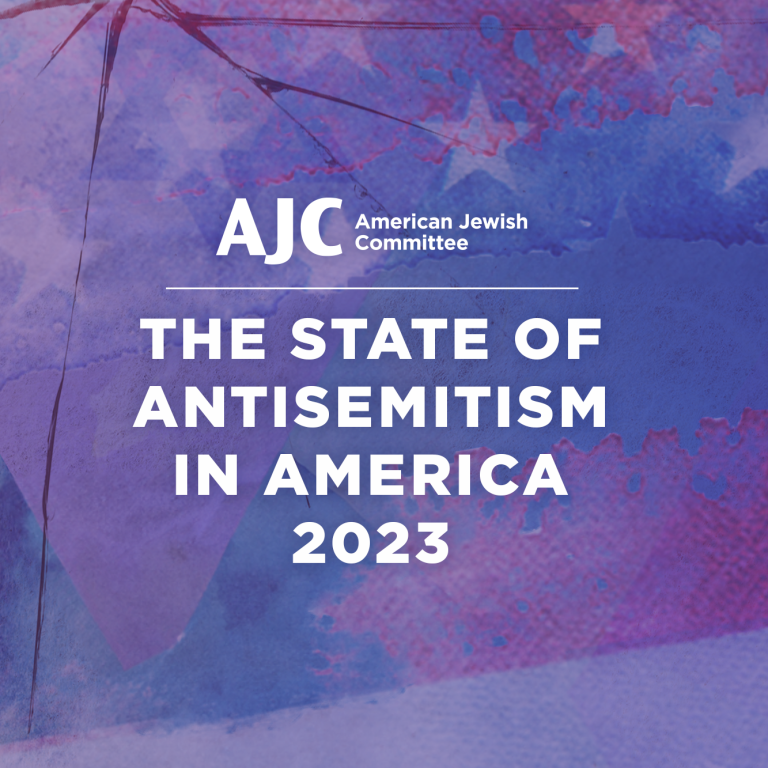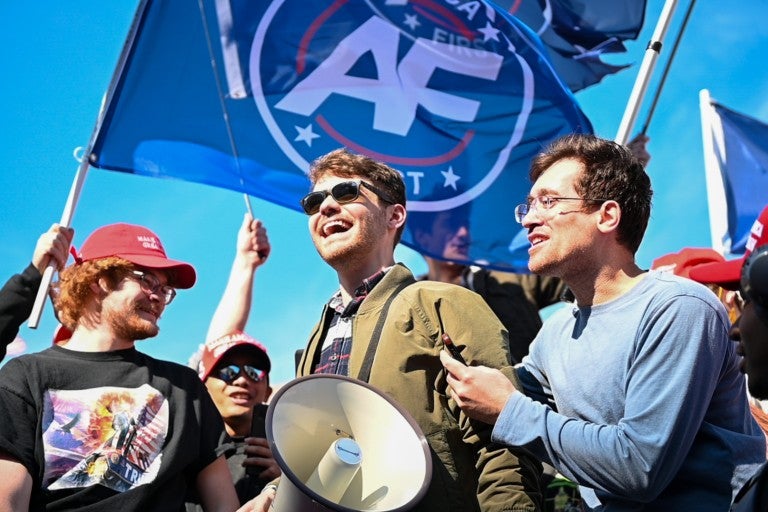March 12, 2024 — Chicago, IL
This piece originally appeared in the Chicago Sun-Times.
Last Friday, Jewish-American reggae singer Matisyahu announced that his sold-out House of Blues Chicago show was canceled “due to the threat of protests.“ It was the third Matisyahu show in two months that has been canceled after anti-Israel protests.
Matisyahu was able to improvise and put on a concert at a different venue after cancellations last month, but he and his team should have never needed to do so.
How did we get to this point where Jews are made to feel uncomfortable and unwanted in entertainment and sports?
We have seen the same antisemitism on some campuses, at protests, and online since the Oct. 7 Hamas terrorist attack.
We cannot let this continue unabated. The entertainment and sports industries must enforce established anti-discrimination rules, find solutions to mitigate threats, and use the many resources available to combat antisemitism. This starts with enforcing codes of conduct.
When fans chanted antisemitic epithets at an opposing team, the Serie A soccer league imposed a partial stadium ban on Italian soccer club Lazio, ordering a one-game closure of the section where the club’s notoriously extreme right-wing fans sit. The sentence was suspended after the soccer club went a step further by banning three spectators for life.
One of those fans wore a Lazio shirt with the name “Hitlerson” on the back with the number 88, a coded reference to “Heil Hitler” (H is the eighth letter of the alphabet). The two others performed fascist salutes.
A theater in London banned comedian Paul Currie after he hurled abuse at Jewish audience members.
And music rights company BMG dropped Roger Waters from their roster following numerous instances of antisemitic remarks and conduct.
According to American Jewish Committee’s (AJC) recent State of Antisemitism in America 2023 report, 62% of American Jews reported seeing or hearing antisemitism online or on social media in the past 12 months.
When this happens, as it did recently when Jewish comedian and actress Tiffany Haddish shared that she was visiting Israel, social media platforms such as X, Meta, and YouTube have policies that they must enforce, as they have in the past.
Rapper Wiley was banned from Facebook and Instagram after he aimed abuse at Jewish celebrities. A few years ago, antisemitic figures including Louis Farrakhan, Paul Nehlen, and Paul Joseph Watson were also removed from the platforms.
Offline, organizations have options to neutralize antisemitic threats.
The Royal Shakespeare Company (RSC) provided security for Jewish actress Tracy-Ann Oberman in the face of antisemitic protests. RSC could have taken the cancellation route like Matisyahu’s venues, but instead, stood by the actress and provided a sterling example of how to respond: The show must go on.
Heavy metal band Disturbed's David Draiman organized a GoFundMe to provide security to Matisyahu; as of March 8, it raised more than $34,000.
Finally, organizations need to tap into the available resources to fight antisemitism. Look at Borussia Dortmund, a prominent German soccer club that has made clear its friendship with Israel and has proactively forged connections with the Jewish community, promotes educational material on Jewish German life and advocates Holocaust education for fans, employees, and employees of club sponsors.
My colleagues and I at the American Jewish Committee offer training for any organization that wants it. I personally have led sessions for professional sports leagues and teams, including the NBA.
As Matisyahu said, “[w]hile my fans and I are deeply hurt by this, please know we will not cower to these bullies and the pressure they exert. The ramifications of such tactics go beyond me and the Jewish people. These individuals and the organizations that break under their pressure threaten the bedrock of artistic expression, intellectual honesty, and empathy between people with different views and concerns.”
The arrows to fight antisemitism are in our quiver. We must not hesitate to use them.
